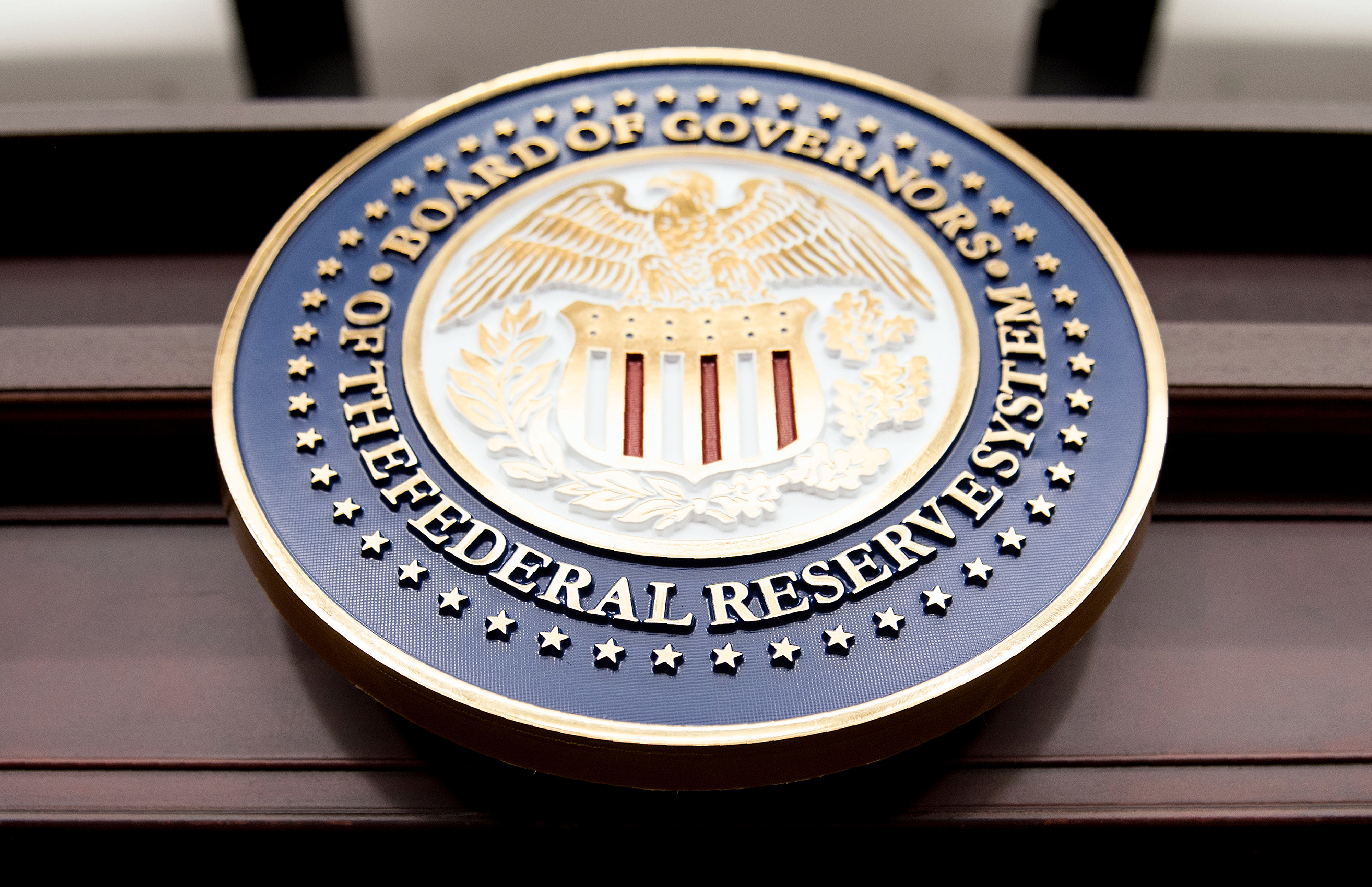US Fed sees tax cuts boosting spending, offsetting oil price rise
Photo: () | ©AFP
Washington (AFP) – The US tax cuts will boost business and consumer spending this year, offsetting the hit to individual wallets from rising fuel prices, the Federal Reserve said Friday.
The increase in oil prices also should attract more investment to the sector, which will boost growth, according to the Fed.
In its semi-annual report to Congress, the Fed was upbeat about the US economy and saw few concerns about inflation but noted the risk to the global economy from “an intensification of trade tensions.”
US central bankers have for months flagged the rising concerns among businesses nationwide over the aggressive trade policies pursued by President Donald Trump. They have cautioned that such policies could pose a risk to US growth.
– Less of a drag –
Despite the rapid increase in oil prices over the past year, the Fed said the impact on economic growth was less than it once was.
“Although higher oil prices are likely to restrain household consumption in the United States, much of the negative effect on GDP from lower consumer spending is likely to be offset by increased production and investment in the growing US oil sector,” the report said.
“Consequently, higher oil prices now imply much less of a net overall drag on the economy than they did in the past.”
And the tax cuts have boosted disposable income and “should lead to increased private consumption and investment,” which will support growth.
US GDP slowed in the first three months of the year but is expected to have expanded by as much as four percent in the second quarter.
Fed Chair Jay Powell is set to testify before Congress on Tuesday and Wednesday to answer questions about the state of the economy and how the central bank views the path of interest rates.
In an interview with NPR on Thursday, Powell noted the benefits of the global trading system to the US economy which he said had been served “very well” by lower tariffs.
He cautioned that if the trade disputes led to “high tariffs on a lot of products and a lot of traded goods and services…that could be a negative for our economy.”
The report cited as one potential downside risk to international financial markets the “intensification of trade tensions and challenges posed by rising interest rates.”
The Fed raised the benchmark lending rate in March and June and is expected to raise rates twice more this year.
But the central bank did not seem overly concerned about inflation, which is running right around the two percent target, since wages are rising only moderately even though labor markets are tight.
Rising lumber prices and a shortage of skilled labor have been “restraining home construction,” the report said.
Disclaimer: This story has not been edited by Siliconeer and is published from a syndicated feed. Siliconeer does not assume any liability for the above story. Validity of the above story is for 7 Days from original date of publishing. Content copyright AFP.


